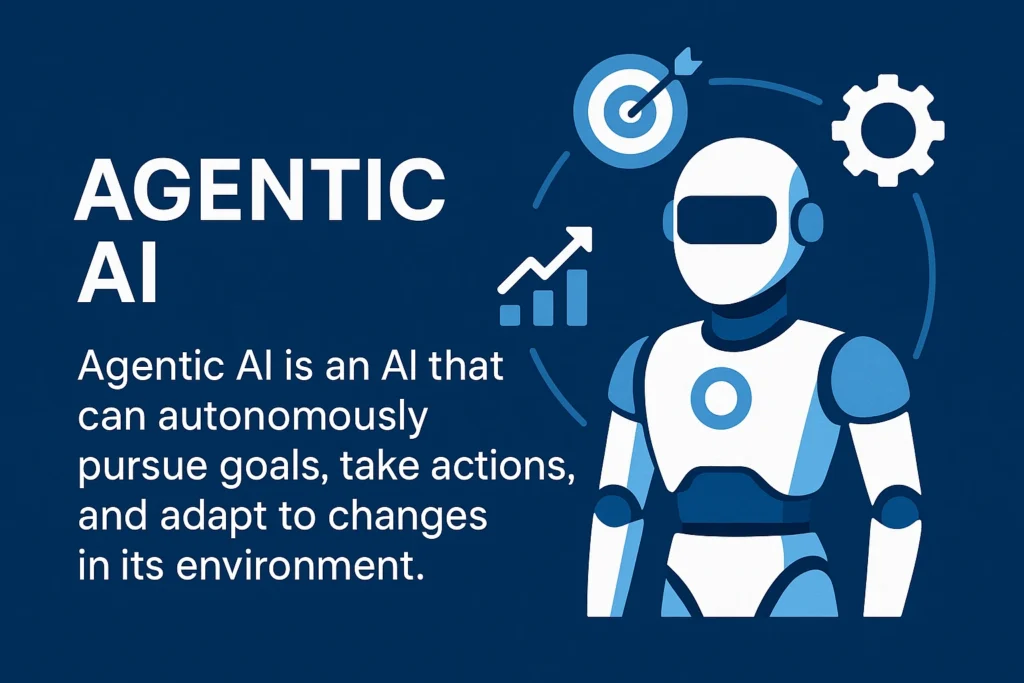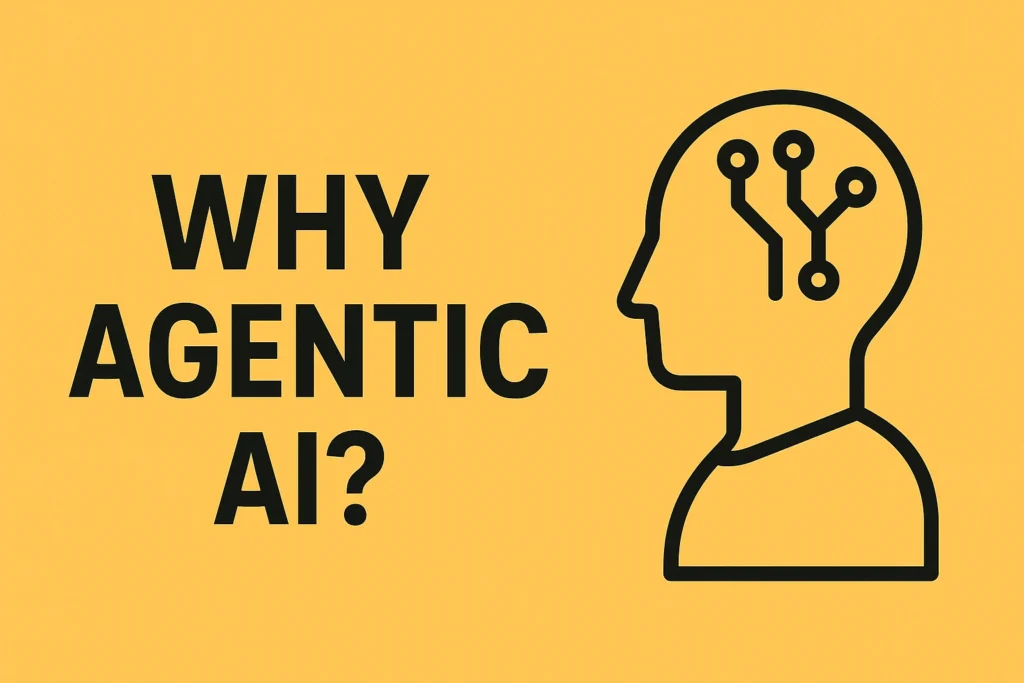Table of Contents
ToggleHow AI is Redefining Work, Wealth, and Who Wins Next

AI Revolution
A Detailed Briefing on a New Era of Opportunities & Challenges, from "Start Earning Money With AI" by Vaibhav Sisinty & Raj Shamani
This document summarizes the key areas, ideas, and facts, incorporating direct quotes where appropriate. It explores the profound impact of Artificial Intelligence (AI) on careers, business, and daily life, highlighting the urgent need to adapt.
1. The Shifting Job Landscape
The discussion paints a stark picture of the future job market, heavily influenced by AI, focusing on automation, the demise of template work, and the rise of AI Generalists.
Job Displacement and Diminishing Opportunities
AI is already replacing "refactoring jobs, templated jobs, [and] those who were not original thinkers." The IT sector is particularly vulnerable. This automation is driven by AI agents that can write code at a "100 times the pace" of a mid-level engineer, leading to a shrinking job market for many professionals.
"By end of this year, 90% of the code will be written by AI, and very soon almost all the code will be written by AI."
The Rise of the AI Generalist
The most crucial skill for survival is becoming an "AI Generalist"—someone "who can solve any problem using AI." This contrasts sharply with the traditional emphasis on specialization.
"The world that we are heading towards, domain as a thing is of past. This 'keeda' (obsession) of specialist... is no more a wise thing to do anymore."
2. AI Integration in Business
Vaibhav Sisinty provides concrete examples from his company, Rogr School, showing how AI integration leads to significant efficiency gains.
- ✓ Shrinking Teams, Increased Output: A 15-person engineering team shrunk to five, yet they are "shipping more than ever."
- ✓ Automated Sales: A 40-person pre-sales team was replaced by AI, cutting lead connection time from hours to "exactly 10 minutes."
- ✓ Content Creation: A nearly 100% AI-driven process led to "200 million views on social" in three months.
3. The Five-Level Roadmap to Becoming an AI Generalist
Level 0: Explore
Experiment with all tools (ChatGPT, Gemini, etc.) to understand the possibilities of AI.
Level 1: Understand
Learn the underlying mechanisms of how AI and Large Language Models (LLMs) work.
Level 2: Master Prompting
Learn structured prompting methods to effectively communicate with AI models.
Level 3: Go Beyond Text
Broaden skills to include AI for images, videos, and audio using diffusion models.
Level 4: Build Products
Apply knowledge to create solutions and MVPs, even without traditional coding skills.
Level 5: Automate
Build autonomous AI agents to perform complex tasks and automate entire workflows.
4. Opportunities for Solopreneurs & Small Businesses
The AI revolution creates unprecedented opportunities by enabling highly efficient operations with minimal teams. New business models like Automation Agencies and Service as a Software (SaaS) with a human-in-the-loop are emerging.
" Degrees are worthless... Use your time to learn and build with AI."
5. Learning and Adaptation: Embrace the Change
The rapid pace of AI development leads to "skill paranoia." The only antidote is continuous, active learning and experimentation. Success in this future hinges on adaptability and a willingness to embrace AI as a partner in innovation.
Find a community, keep learning, and embrace the change to thrive in the new era of work and wealth creation.
AI's Impact on Work & Skills
Frequently Asked Questions about the AI Revolution
What is an "AI Generalist" and why is this skill becoming essential?
How is AI impacting traditional job roles, especially in IT and creative industries?
What is the recommended roadmap to become an "AI Generalist"?
- Level 0: Explore Tools: Experiment with tools like ChatGPT and Gemini to understand AI's capabilities.
- Level 1: Understand Mechanics: Learn how AI models (LLMs) work and master effective "prompting."
- Level 2: Go Beyond Text: Explore AI for images, videos, and audio with diffusion models.
- Level 3: Build Products (No-Code): Use no-code tools to build actual products and develop a "product sense."
- Level 4: Master AI Agents: Learn to build and deploy AI agents for complex automation using tools like Make.com and Zapier.
How is the "context window" in AI evolving and what are its implications?
What entrepreneurial opportunities are emerging for "solopreneurs" in the AI era?
- Automation Agencies: Help small businesses integrate AI using tools like Zapier and Make.com.
- "Wipe Coding" Studios: Build personalized AI solutions for clients without writing traditional code.
- Service as a Software (Small Scale): Create AI-powered services, like customer support voice agents, for companies that couldn't previously afford them.
How can small business owners in traditional sectors leverage AI?
- AI-Powered Marketing: Use WhatsApp channels with AI-generated messages and product images to engage customers.
- Automated Ledger Management: Digitize manual ledgers by taking photos and having AI organize the data.
- Custom AI Assistants: Build simple, custom GPTs to solve specific business problems, like a calorie estimator for a food business.
How is AI influencing the future of content creation?
In what ways can AI be used as a personal learning tool?
- Interview Prep: AI can simulate interviews by analyzing your resume and the job description, then asking relevant questions.
- Presentation Prep: AI can "grill" you on your presentation, helping you anticipate tough questions.
- Interactive Learning: AI can act as a real-time tutor for tasks like coding or provide interactive summaries and Q&A for long videos and podcasts.


